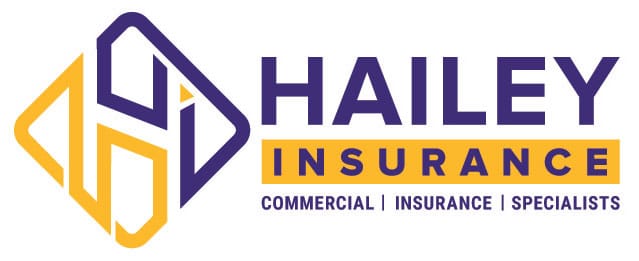Flood Insurance
Floods are the most common and costly natural disaster, causing billions in damages every year. Don't wait until it's too late. Hailey Insurance offers comprehensive flood insurance to safeguard your property and give you peace of mind. Most flood insurance is provided by the Federal government through the National Flood Insurance Program (NFIP), administered by FEMA. This is often the only option for protection against "rising water." You can purchase flood insurance through us, as we are an insurance agent participating in the NFIP. You cannot buy it directly from the National Flood Insurance Program (NFIP). NFIP flood insurance rates do not differ from company to company or agent to agent. All policy premiums include certain fees and surcharges, so ask your agent about these when discussing a price quote.
Why You Need Flood Insurance

What Flood Insurance Covers
Your policy covers direct physical losses caused by flooding. The cause of flooding matters. Damage caused by a sewer backup is only covered by flood insurance if it's a direct result of flooding.
Building Coverage
Contents Coverage
Note: Contents and Building coverage are purchased separately, and each has its own deductible.

Factors Affecting Your Flood Insurance Premium
Flood Zones
The proximity of your property to a flood zone will influence the costs and availability of flood insurance plans. Knowing the flood zone of your property will give you a good idea of what to expect but be aware that flooding can happen anywhere.
For property located in Flood zones A/AE, V/VE, flood insurance is typically required. Premiums are based on the lowest-floor elevation of the building. For Low to Moderate Risk Zones, B, C, & X, you’re options are more flexibility and the preferred risk flood insurance is typically available at a lower premium.
Regardless of your property's flood zone or flood history, flood insurance is highly recommended for every property.
Additionally, an Elevation Certificate (EC) verifies your building's elevation compared to the estimated height floodwaters will reach in a major flood. It may help reduce your flood insurance premium.

30-Day Waiting Period
Dont wait around for a natural distaster or you could be in real trouble. When it comes to flood insurance, there's typically a 30-day waiting period from the date of purchase until your policy goes into effect.
Exceptions include:
Why Choose Hailey Insurance for Your Umbrella Policy?
We Prioritize Your Financial Security
By collaborating with carriers rated A (Superior) or higher by A.M. Best, ensuring prompt and fair claim handling. With comprehensive protection that covers everything from property damage to liability issues and catastrophic incidents, Hailey Insurance provides the peace of mind you need to focus on growing your business. Choose us for a reliable, tailored insurance experience that puts your needs first.
We Offer Affordable Solutions
Because we believe that quality insurance shouldn’t break the bank. Our programs feature various premium discounts based on your business’s unique characteristics, such as your Workers’ Compensation history and the age of your building. This approach helps you save money while staying protected.
Don't Wait Until It's Too Late – Get a Quote Today!
Contact Hailey Insurance today to discuss your flood insurance needs and get a personalized quote. Protect your property, your finances, and your future.
Reach out to us today at (225) 296-0858 to discover how Hailey Insurance can provide the protection you need and the peace of mind you deserve!
"Can not say enough good things about this company! You can tell they really care about their clients. They really took the time to make sure that all of our needs were met and are always happy to answer my many questions. Their response time is also unbeatable."
- Megan Mackay
Omni Physical Therapy, Baton Rouge, Louisiana

